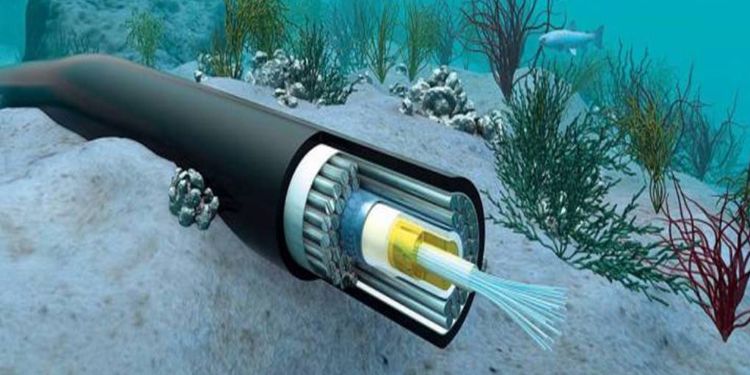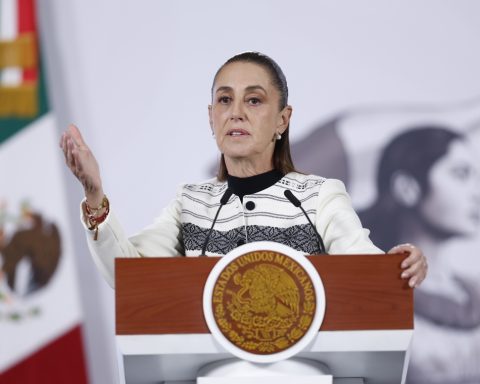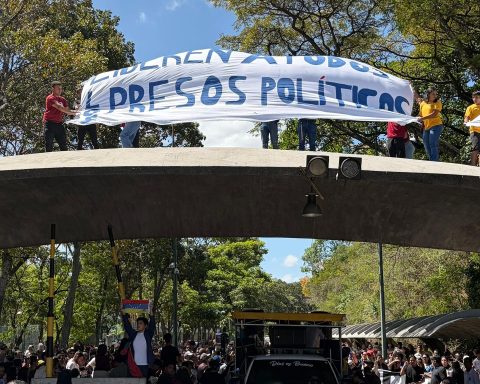MIAMI, United States. – One of the Vice Ministers of Foreign Affairs of Cuba, Carlos Fernández de Cossío, criticized this thursday Washington’s policy, after the United States Department of Justice recommended scrapping a plan that would connect the Island and the northern nation through an internet submarine cable.
“This is the way the US government is supposed to fulfill its declared commitment to promote the use of the internet in Cuba (…) and its concern for the well-being of the Cuban people,” Fernández de Cossío tweeted.
This Wednesday, the United States Department of Justice recommended the Federal Communications Commission (FCC) to deny a permit for the installation of the first submarine telecommunications cable that would connect the northern country with Cuba.
“The United States supports an open, interoperable, secure, and reliable internet around the world, including in Cuba. Unfortunately, the Cuban government does not share that opinion,” said Assistant Attorney General Matthew G. Olsen of the Justice Department’s Homeland Security Division, according to the statement from that institution.
“As long as the Government of Cuba poses a counterintelligence threat to the United States and partners with others who do the same, the risks to our critical infrastructure are simply too great,” the official added.
The application for the ARCOS-1 cable system would have allowed the only direct commercial submarine cable connection between the United States and Cuba. However, the order raised national security concerns, as the cable landing system in Cuba would be owned and controlled by Cuba’s state-owned telecommunications monopoly, ETECSA.
The Government of Cuba, which the United States recognizes as an authoritarian and foreign adversary, could access confidential data from the country that would cross the new cable segment, which would be under the control of ETECSA, according to the Justice Department.
That institution recognized that “the Government of Cuba has long represented a significant counterintelligence threat to the United States by virtue of its espionage and other intelligence activities directed at the country. Directly connecting a submarine cable from the United States to Cuba, where a Cuban state-owned company would have exclusive use of the cable, control over that cable’s landing station, and remote access to traffic on it, could further government intelligence objectives. Cuban, by giving him direct access to the communications of the people of the United States and to the confidential data that crosses the cable”, the statement indicates.
“This access risk is not limited to US traffic bound for Cuba. There are several ways in which traffic destined for places outside of Cuba, which would otherwise not pass through Cuban networks, could be diverted by ETECSA or redirected through this cable into Cuban territory and into the hands of the Cuban Government,” he also points out. the Department of Justice.
Receive information from CubaNet on your cell phone through WhatsApp. Send us a message with the word “CUBA” on the phone +525545038831, You can also subscribe to our electronic newsletter by giving click here.















